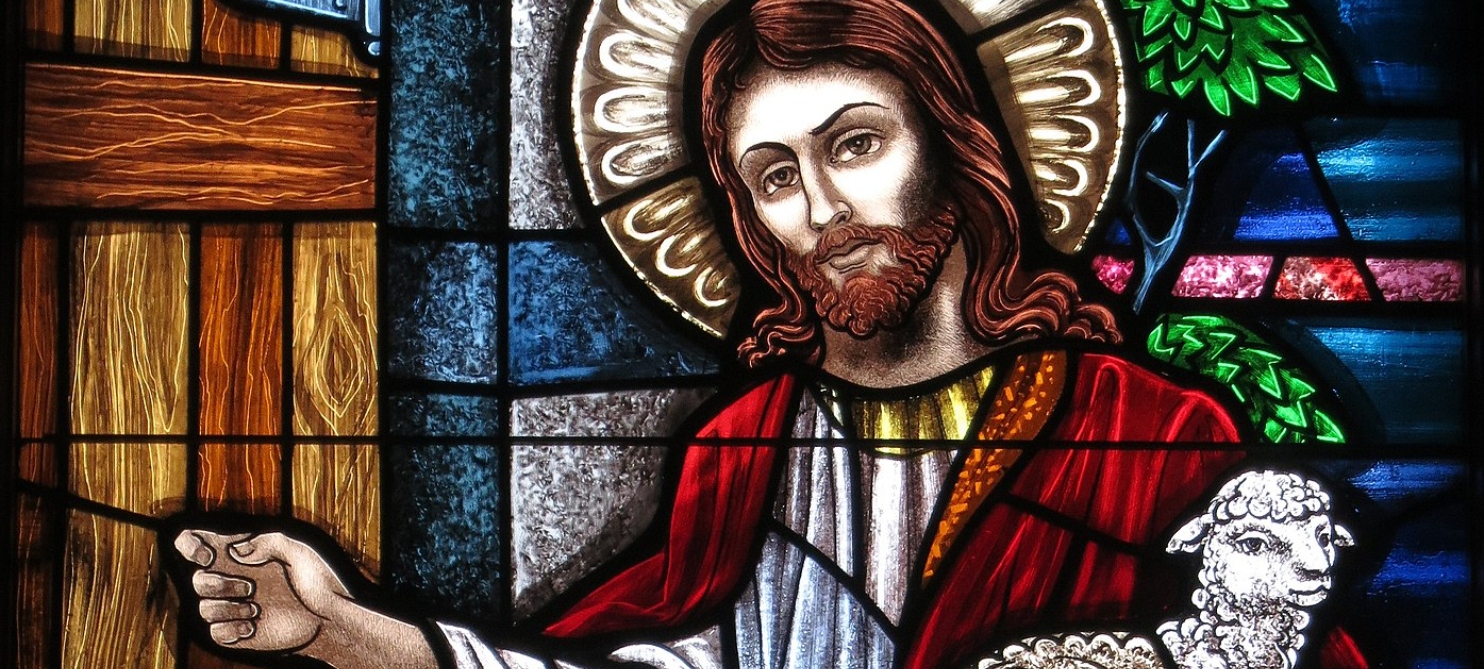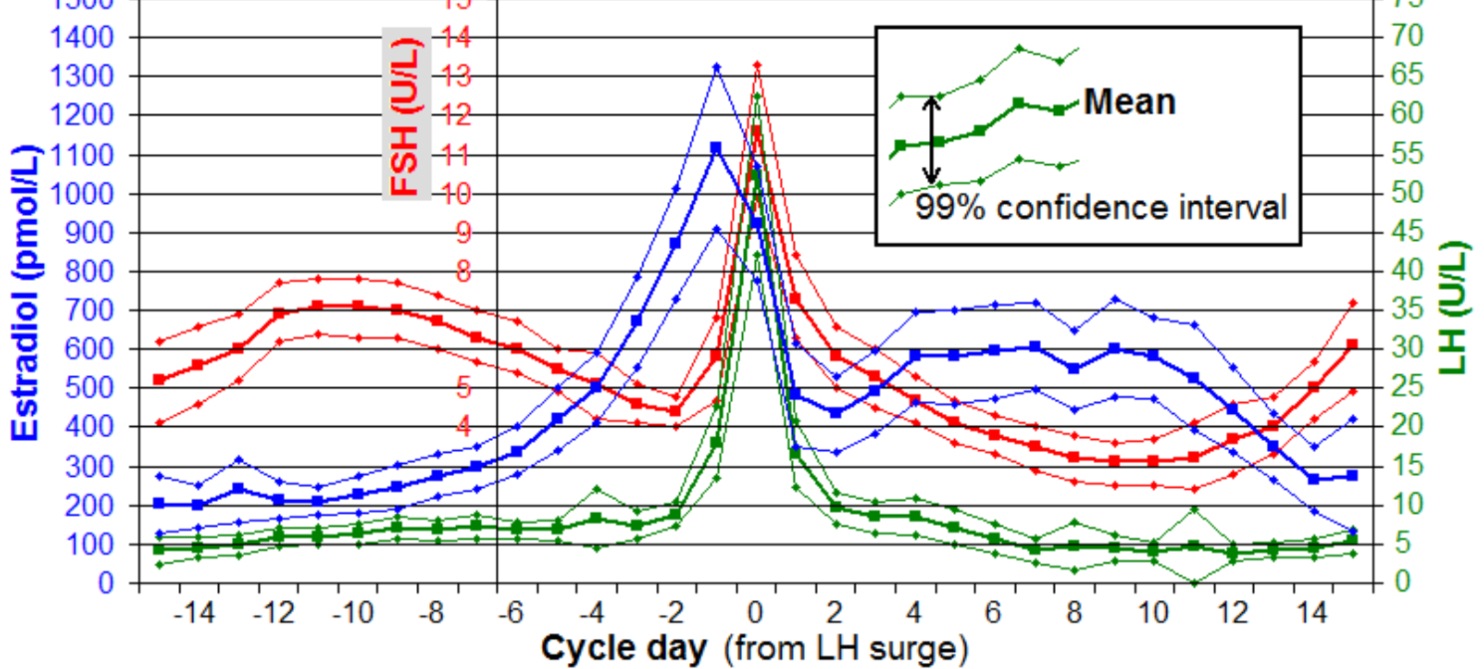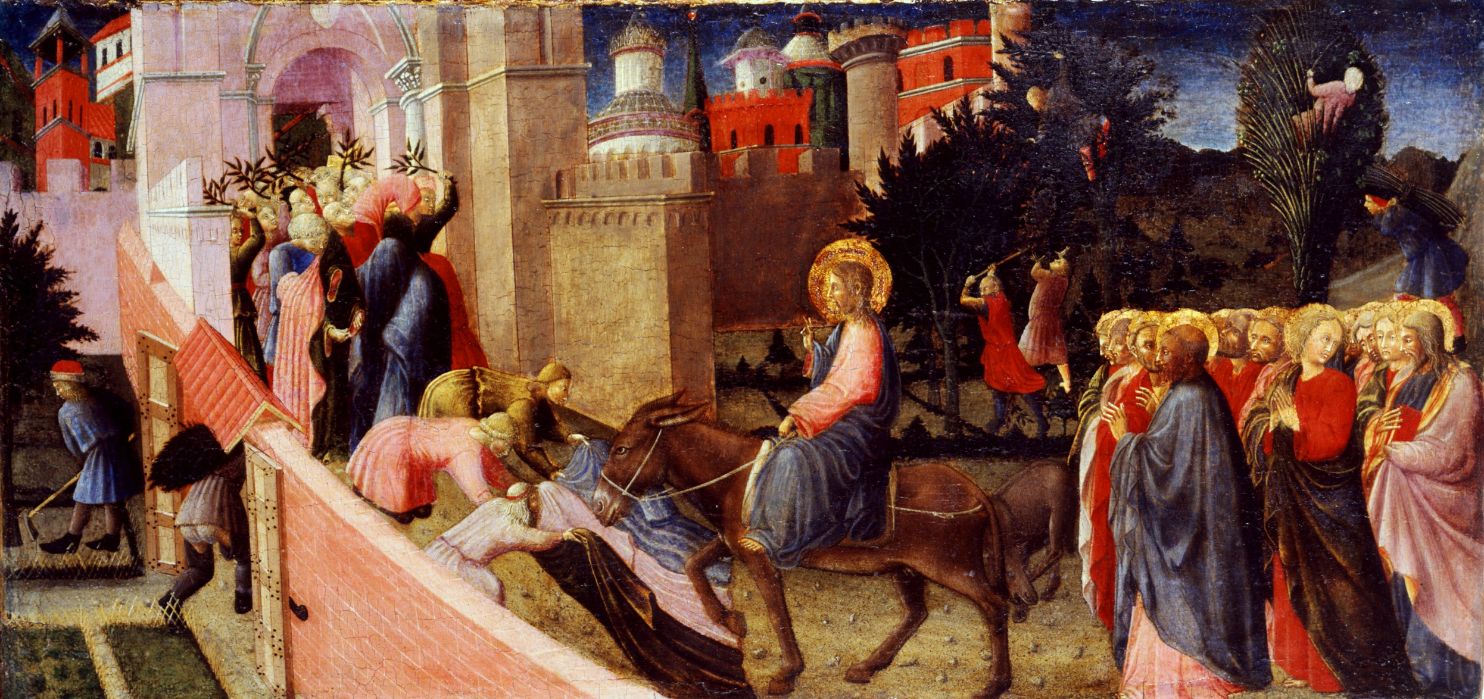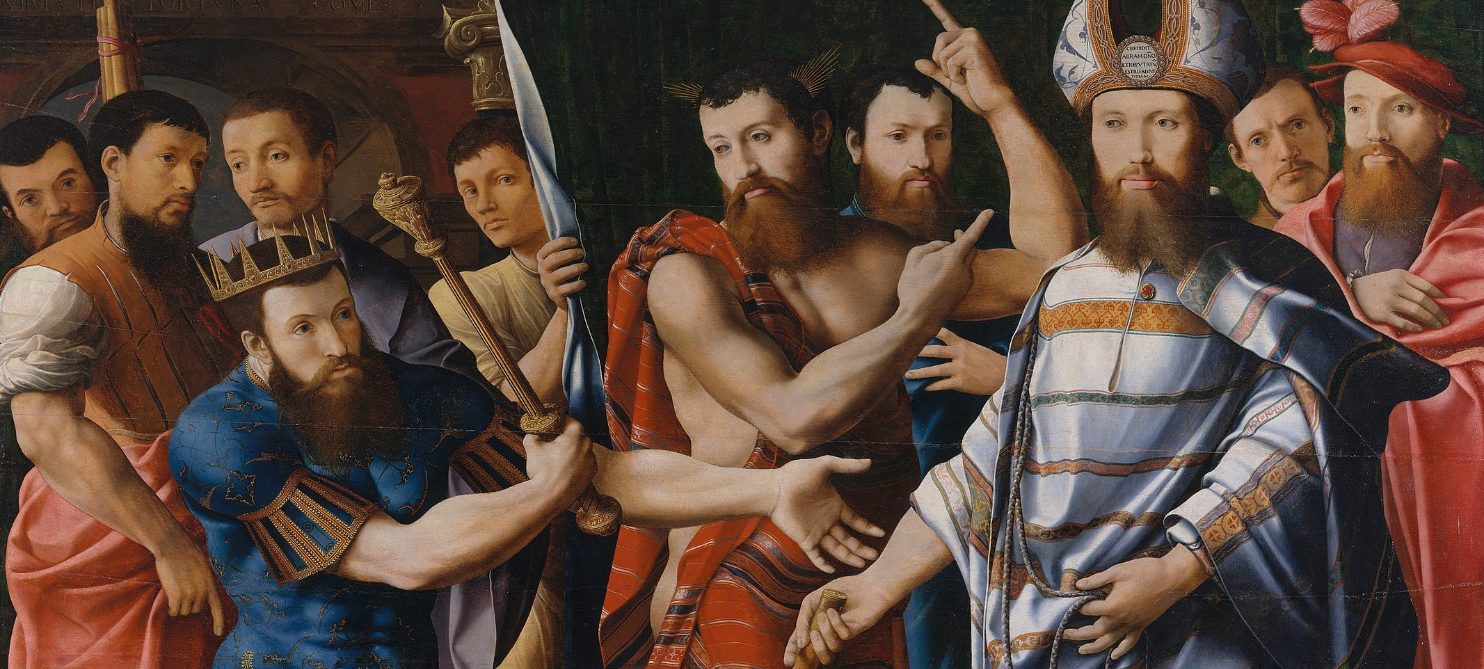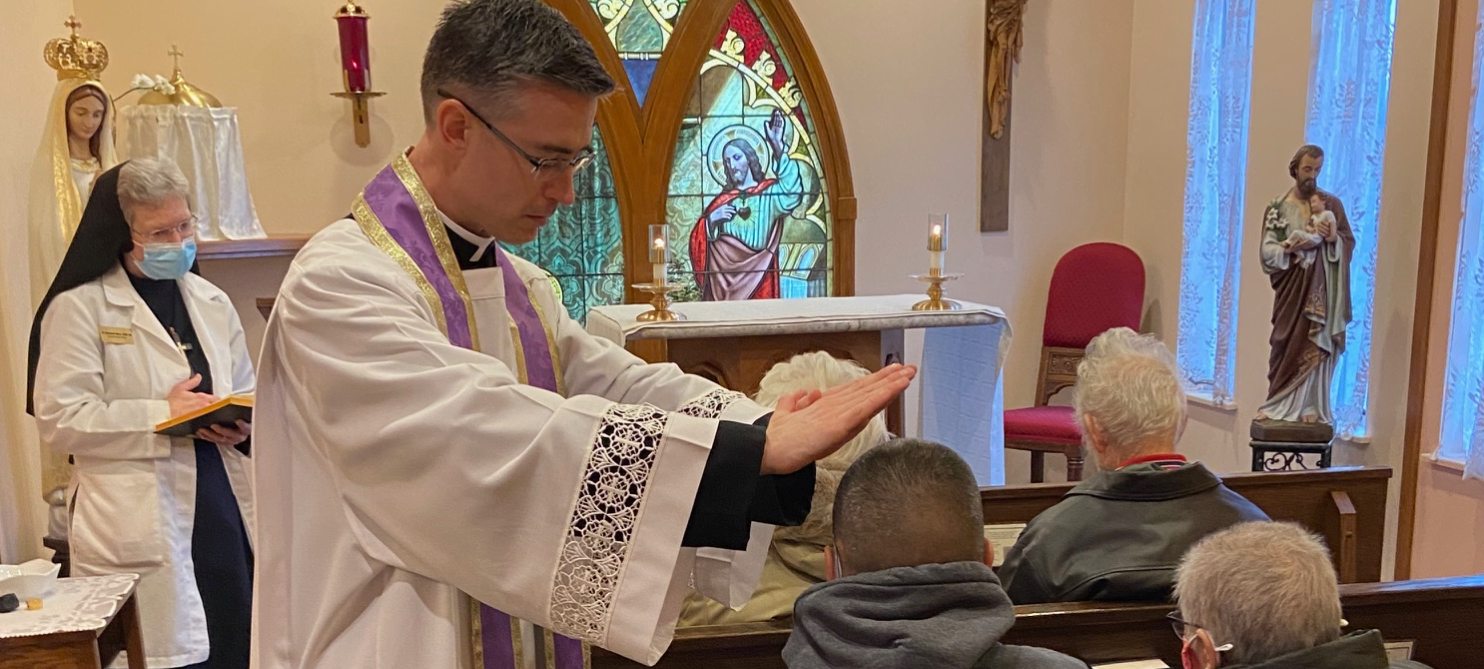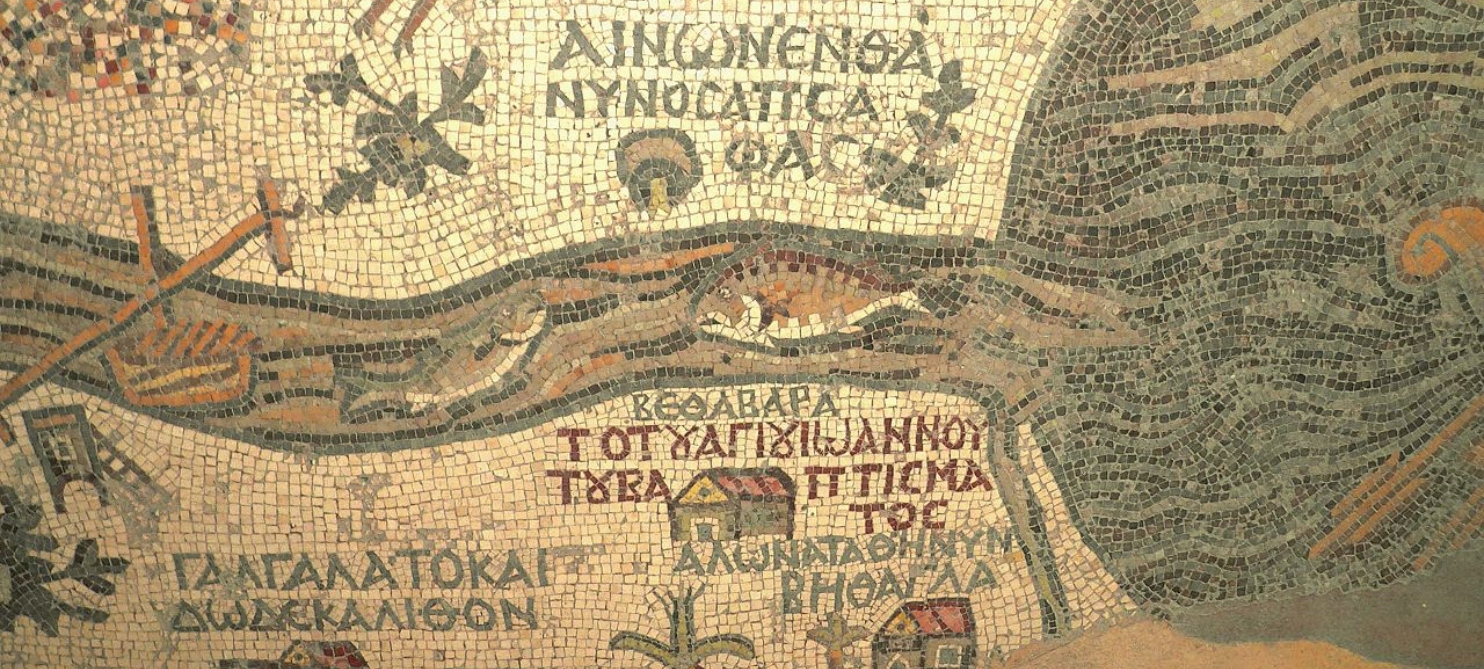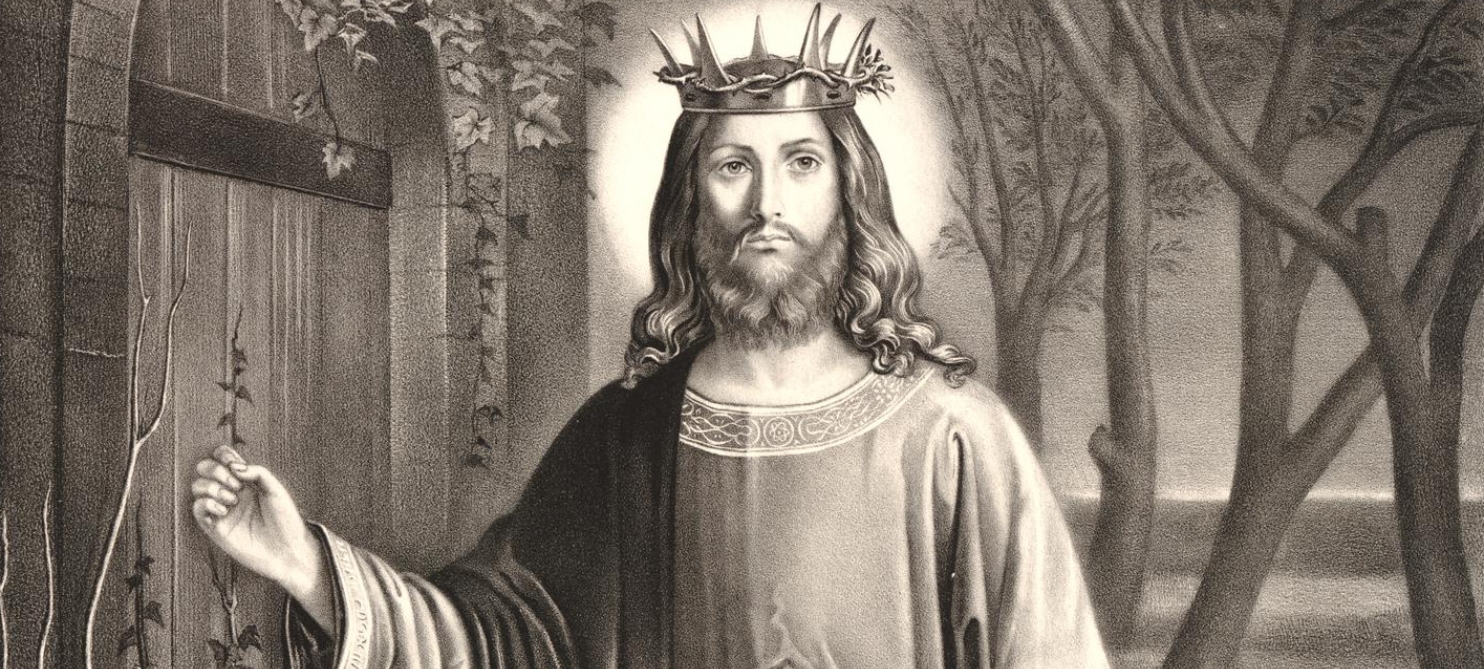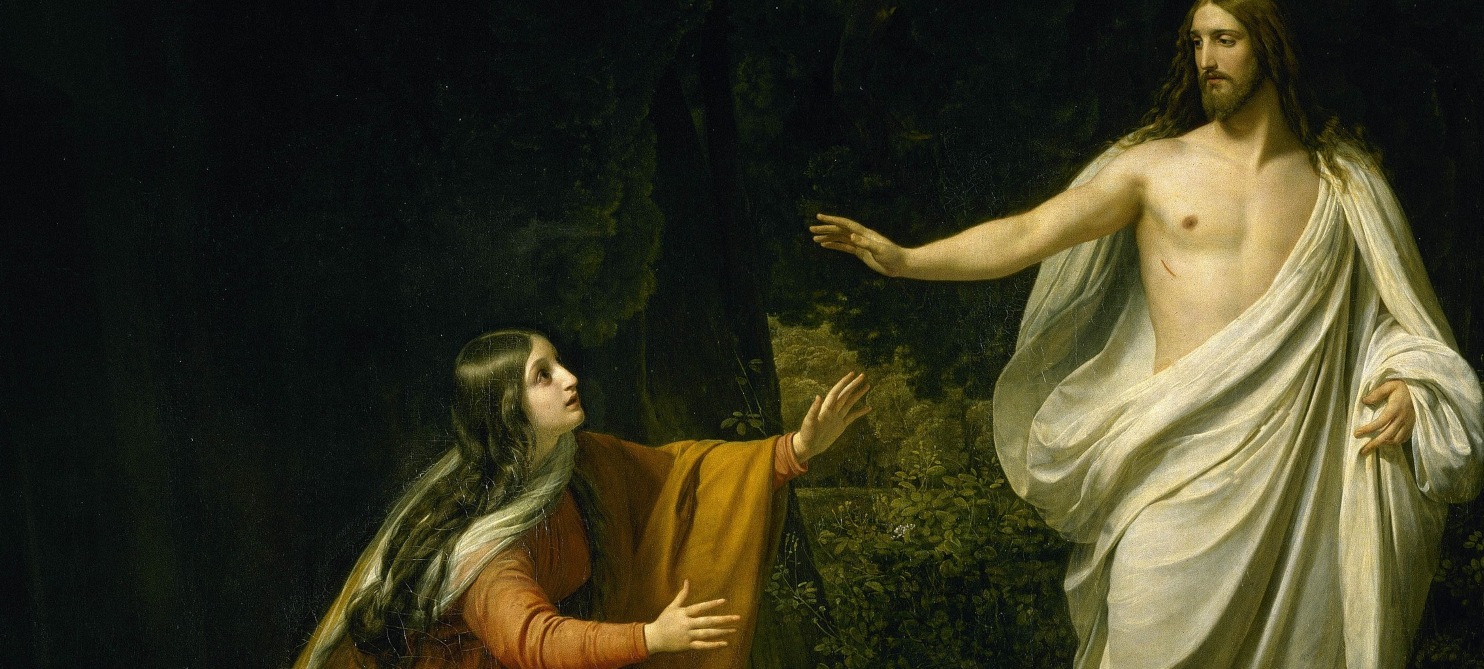The spirituality of Catherine McAuley was formed in part by the difficult times in which she lived. As in our own time, political decisions on matters of religious expression had earlier created a society of intolerance and persecution. At the time, English monarchs ruled over Ireland. To maintain power within a non-Catholic family, the Crown, through parliament, passed laws which essentially ensured the powerlessness of Catholics, then the majority of the Irish population. Through the penal laws, the effects of which lasted over 200 years, land was taken from them, education was denied, and they were excluded from positions in government. Public worship was severely limited. The most devastated by those laws were the rural population which suffered great hardship. Many single or widowed women had little recourse but to leave rural poverty to seek employment in the city where they were further subject to indignity and surviving in the least desirable positions.
Born into a Catholic family in the city of Dublin, Catherine’s spirituality was centered on the Mercy of God to man and from her father she learned the importance of passing on the Catholic faith. Over time and the strengthening her own faith through many trials, she developed a spirituality that treated all with the respect due God’s beloved children, and giving them a sense of their own dignity and worth. She was God-centered, full of ‘love, peace, joy, patience, endurance, kindness, fidelity, generosity, gentleness and self-control’ (Gal. 5:22). Through the House of Mercy which she had constructed in Dublin with an inheritance from a protestant relative, Catherine McAuley sought to educate poor women of Dublin in faith and letters and to train them so they could raise up above the otherwise wretched conditions to which they were subjected. With her many associates, she ordered a daily life of prayer, work and rest. It was based on a spirituality of the cross, i.e., on Christ’s own example of joy in suffering want and peace in the cross of personal hardship.
In time, the House of Mercy community, under Catherine’s leadership, became a religious community, the Sisters of Mercy. Like many saints before her, she emphasized the cultivation of little virtues such as humility, meekness, gentleness, kindness, courtesy, trustful confidence in God, and simplicity…all ways Christ himself expressed human respect. The Mercy spirituality also emphasized the path to daily progress in holiness through doing the best one could each day, resolved to do better the next. It is a spirituality that offers personal growth in likeness to God while improving the quality of our relationships in whatever society we find ourselves. Through it, Ireland experienced the fruitfulness of her feminine genius in areas of education and healthcare founded on a love of Christ and respect for the human person. She made significant contributions and innovations in education, often anticipating the secular version by 30 to 40 years. In healthcare, hers was first among religious congregations to minister in the streets, homes, hospitals and prisons through the typhus and cholera epidemics and later on the battlefield in the Crimean War. In every endeavor, her spirituality proved time and again the inestimable value of “the kind word, the gentle compassionate look and the patient hearing of sorrows, things which cost the donor little but are valued more highly than gold by the poor.
Updated February 26, 2021








